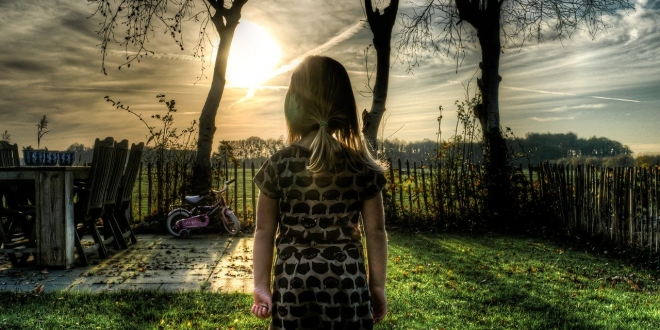New analysis by the Institute for Public Policy Research (IPPR) has found that rising unemployment is expected to push more than a million more people in the UK into poverty.
A report by the Institute for Public Policy Research thinktank published today has found that around 200,000 children are among those facing a life below the pre-coronavirus poverty line unless the government takes action to reform benefits.
The IPPR found that rising unemployment in the wake of the COVID-19 pandemic and resulting lockdown is expected to push more than a million more Britons into poverty by the end of this year, and it is already having an impact on the number of homeless people in the country.
In making the report, the IPPR examined a scenario published by the Bank of England that predicted the coronavirus lockdown measures would result in unemployment rising by between 2 million and 3.3 million people – nearly 10% of the workforce – by the end of 2020.
They found that working families currently paying high rents as a proportion of their income will be the hardest hit by being forced to rely on universal credit. Their analysis found that taking action such as raising child benefit by £5 per week, removing the two-child limit on universal credit and increasing the benefit cap could help to prevent the expected rise in child poverty.
In April, the first full month after the lockdown measures were imposed, the number of people claiming universal credit surged by 69% month-on-month to a total of 2.1 million people.
Claire McNeil, associate director of IPPR, said of the thinktanks findings:
Hundreds of thousands of families and their children who may have been ‘just about managing’ before Covid now face being plunged into poverty.
The government must apply the same level of ambition it had for supporting businesses and workers in the early stages of this crisis, to prevent a new generation of children and their families falling into poverty through no fault of their own.
Responding to the IPPR’s stark prediction for children, the National Education Union (NEU) have demanded that the government take action to “make ending child poverty a priority”.
NEU joint general secretary Kevin Courtney said:
It is deeply alarming that in an already parlous situation, this report forecasts that an enormous number of children will be thrown into poverty by Christmas. This is in addition to the 4.2 million children living in poverty in the UK in 2018-19, which equals nine children in every class of 30.
Politicians from across the political spectrum have been speaking out about the effects of the coronavirus pandemic on children living in poverty. However, many of those same politicians voted for and supported policies which have made matters worse.
Schools know only too well the impact this has on the children and young people they teach. Members report to us about children who are tired, hungry and badly clothed. But schools alone cannot solve this problem. 40% of the educational attainment gap that poor children are burdened with is created before they even start school.
Government must come clean about the reality, which is that the disruption caused by coronavirus for disadvantaged children cannot be recovered through booster classes. Wales and Scotland have national plans to develop proper programmes of learning because of Covid-19, but the Westminster government is behind on a national response on curriculum flexibility and blended learning.
At the start of this crisis the government said it would do whatever it takes to see the UK through the current crisis. For the sake of the 200,000 children expected to be in poverty by the end of the year – and the millions already in poverty before the crisis struck – the government needs to step up to the plate and make ending child poverty a priority.






Facebook Comments